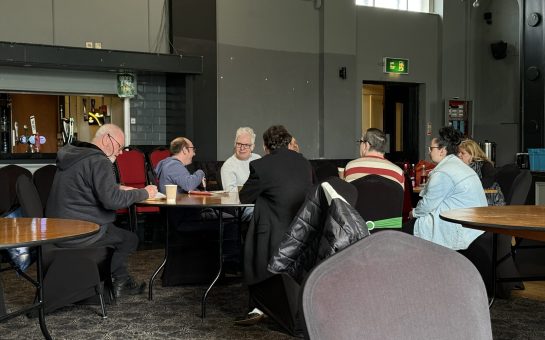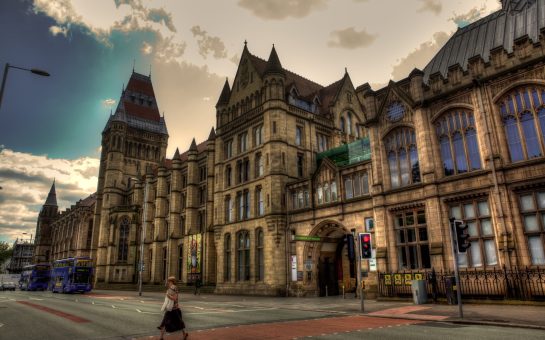The number of racially-motivated hate crimes against children in Greater Manchester rose by a staggering 155% over the last three years.
A total of 797 offences were committed between 2017-18, a steep increase from the 312 recorded incidents between 2015-16.
The information was revealed in a Freedom of Information request submitted to Greater Manchester Police by the National Society for the Prevention of Cruelty to Children (NSPCC), with the rise in the region representing drastically more than the national increase of 22%.
Atiyah Wazir, an experienced councillor at Childline – a NSPCC-run service – said: “These figures are really shocking – no young person should have to experience racial abuse and racial bullying.
“Over the eight years that I’ve volunteered as a counsellor, it is just as heart-breaking every single time a child tells you they wish they looked different.
“What we’re seeing is a sense of hopelessness, the sense of children feeling like they aren’t wanted, whenever a young person tells me that they’re told to go back to where they came from.
“These children have been made to feel shame and guilt and sometimes daren’t tell their mums or dads about it because they don’t want to worry or hurt their feelings.”
The figures constitute part of a broader increase in racial hate crime against children in the north-west, with Cheshire and Lancashire seeing 72% and 36% rises respectively.
A total of 1,245 instances were recorded in Greater Manchester, Cheshire, Lancashire and Merseyside, showing a 96% increase – up from 312 – in 2015/16.
However, the 155% rise in Greater Manchester – equating to over two recorded incidents every day between 2017 and 2018 – was by far the highest in the area and reveals the daily vulnerabilities and anxieties young children from diverse backgrounds are forced to suffer.
GMP have said it recognises it has a ‘way to go to reassure communities’ and that it has ‘a lot of work to do’ to ensure hate crimes are dealt with ‘in the best ways we can’.
USING EYELINER
One 11-year-old victim said: “I’m being bullied at school because I’m Chinese – the other kids say that my skin is yellow, call me names, and it gets me really down.
“I hate the way I look so much, I think if I looked different everyone would stop being mean to me and I’d fit in.
“I’ve tried to change the way that I look by using eyeliner so that I fit in more. I don’t want to tell my parents because I think it would upset them.”
Others have experienced systematic bullying through being labelled ‘terrorists’ or being told to ‘go back to their own country’, with one 16-year-old victim saying she goes into school fearing physical attacks on a daily basis.
John Cameron, head of Childline, said: “Childhood bullying of this nature can cause long term emotional harm to children and can create further divisions in our society.
“If we see a child bullying another because of their race we need to tackle it head on, by explaining that it’s not ok and how hurtful it is.
“I would urge any child who is being targeted because of their race to contact Childline, and any adult to call the Helpline if they are worried about a child.”
Childline held 2,617 counselling sessions between 2015 and 2018 in an attempt to combat the alarming issue, engaging with young people who were subjected to hate and listening to their concerns.
Race hate offences against children have reached a 3-year high. Bullying is never OK. We’re urging children experiencing racial bullying or abuse to contact Childline https://t.co/USqSlPyB6l pic.twitter.com/zIZGNlQ95B
— NSPCC (@NSPCC) May 31, 2019
In addition to discovering the increasingly pervasive nature of racially-motivated hate crime, it also learned that many victims included toddlers and babies yet to even reach their first birthday.
In light of the figures, Ms Wazir remains committed to tackling the problem through greater communication and emotional support.
“I want every child to know that this bullying is not ok, they have nothing to be ashamed of, and Childline is always here to listen,” she added.
“This should not be happening, and I would urge any young person who is experiencing racial abuse or racial bullying to contact Childline.
“It’s anonymous, it’s confidential, and it’s a safe space to get support.”
For more information, you can contact the NSPCC press office on 0113 887 1070 or email [email protected]



